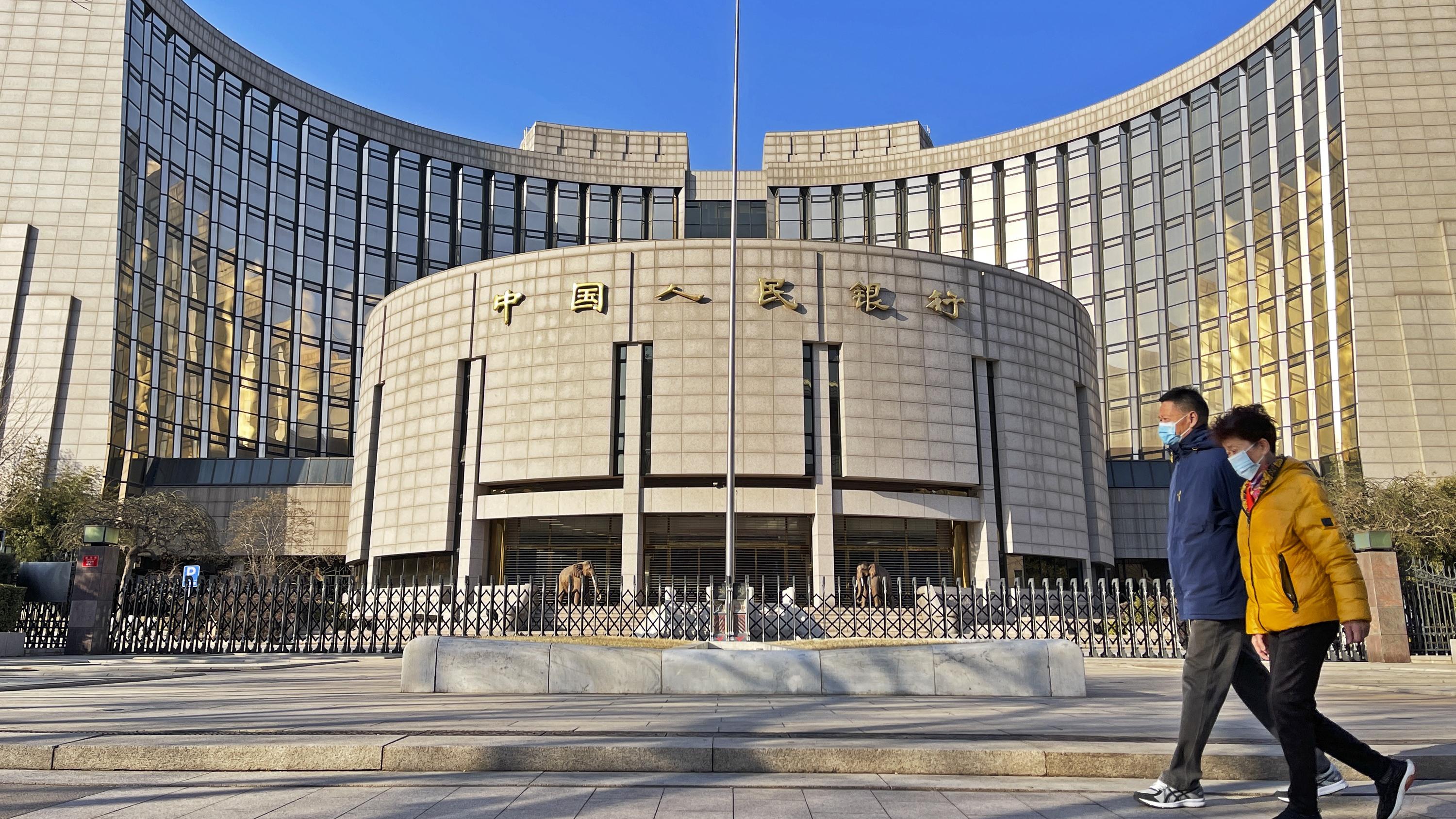 This undated file photo shows people walking past the headquarters of People's Bank of China, the country's central bank, in Beijing. (PHOTO PROVIDED TO CHINA DAILY)
This undated file photo shows people walking past the headquarters of People's Bank of China, the country's central bank, in Beijing. (PHOTO PROVIDED TO CHINA DAILY)
BEIJING - China's prudent monetary policy will focus on coordinating the expansion of domestic demand and supply-side structural reform, Xuan Changneng, vice-governor of the People's Bank of China, said on Friday.
To increase domestic demand, measures will be taken to maintain reasonably sufficient liquidity, guide financial institutions to release credit supply reasonably and in accordance with market principles and the rule of law, Xuan told a press conference.
China will actively coordinate monetary policy with fiscal and social policy to ramp up support for enterprises and key groups, stabilizing and creating jobs and raising the incomes of urban and rural residents through multiple channels
China will actively coordinate monetary policy with fiscal and social policy to ramp up support for enterprises and key groups, stabilizing and creating jobs and raising the incomes of urban and rural residents through multiple channels.
Work should be done to ensure monetary policy is reasonable and moderate, and to avoid flood-like stimulus, Xuan said, stressing the importance of efforts to balance stable growth, employment and prices.
ALSO READ: PBOC pledges implementation of prudent monetary policy
At the same time, structural monetary policy tools will be used to improve support in key fields, including carbon reduction, technological innovation, the construction of a modern industrial system, major infrastructure and projects, and rural revitalization, to achieve a high-level dynamic equilibrium between effective supply and demand, Xuan said.
"As China's COVID-19 prevention and control measures have been optimized and the economic cycle has recovered, the confidence and vitality of market players will gradually return," Xuan said. "We will continue to boost market confidence and invigorate market entities."
The country will reduce enterprises' comprehensive financing costs and the costs of individual consumption to boost both consumption and investment. It will guide financial institutions to shore up support for manufacturing companies, as well as private and smaller services firms.
Bulk consumption related to housing and automobiles will be encouraged, and services consumption in the fields of education, culture and sports will be supported, Xuan said.
READ MORE: PBOC sharpens focus on inflation
Recently, the bank has been deliberating additional structural tools to offer special support for the smooth operations of the real estate market, such as mortgages to ensure the delivery of pre-sold housing, as well as rental loans and bond financing for private companies, according to bank official Zou Lan.


